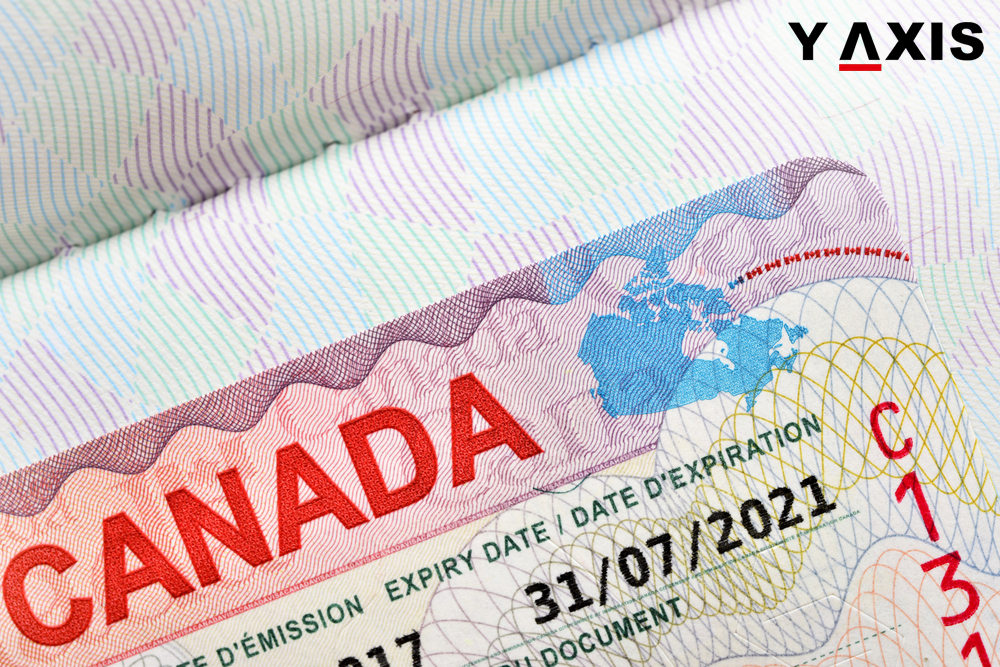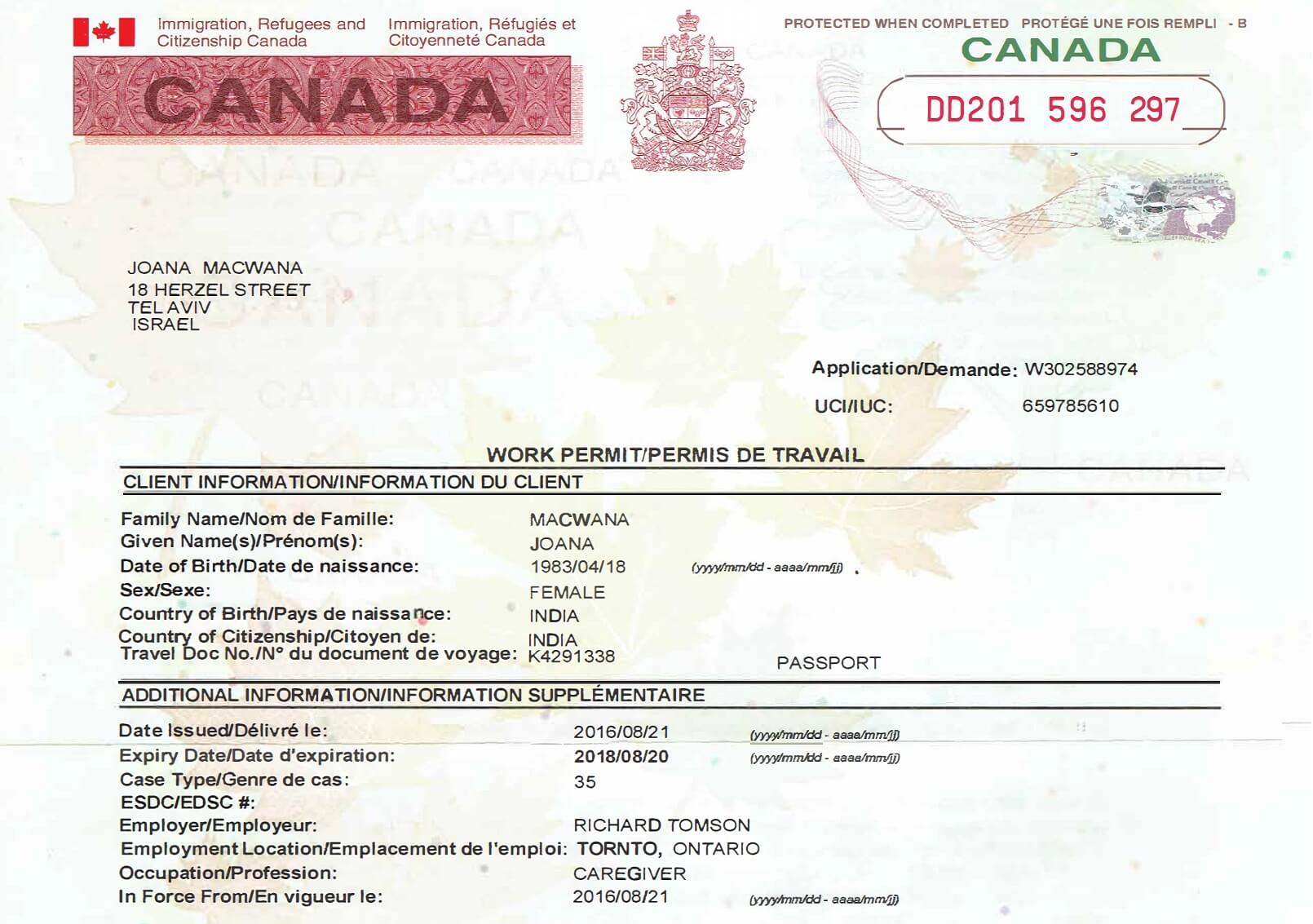Quick Answer: The EB-5 investment visa program requires:
$800,000 in a Targeted Employment Area (TEA) or $1,050,000 in non-TEA projects
Creation of 10+ full-time jobs for U.S. workers within 2 years
Investment in a USCIS-approved commercial enterprise or regional center
Proof of lawful source of funds
Imagine handing over a check for $800,000 and—in exchange—receiving a green card that grants your family permanent residency in the United States. No employer sponsorship, no decade-long wait, no lottery. For thousands of affluent investors worldwide, this isn’t a fantasy. It’s the EB-5 investment visa program, a powerful immigration pathway that has welcomed over $40 billion in foreign capital and created hundreds of thousands of U.S. jobs since 1990 1.
But here’s the reality shock: 30% of EB-5 petitions are denied—often due to minor documentation errors or insufficient job creation evidence 7. Navigating this complex process requires precision, expertise, and a clear understanding of the requirements. This guide breaks down everything you need to know about the EB-5 investment visa program, from minimum investment thresholds to compliance strategies—ensuring your investment secures both your financial future and your family’s American dream.
What Is the EB-5 Investment Visa Program?
The EB-5 Immigrant Investor Program, created by the U.S. Congress in 1990, allows foreign nationals to obtain lawful permanent residency (a “green card”) by investing in a U.S. business that creates jobs for American workers. Successful applicants, along with their spouses and unmarried children under 21, receive conditional permanent residency for two years, which can later convert to unconditional status 14.
Why Choose EB-5?
No employer sponsorship required: Unlike H-1B or L-1 visas, you control your immigration journey.
No mandatory business management: You can invest through regional centers without day-to-day involvement.
Educational benefits: Children can attend U.S. universities at resident tuition rates.
Path to citizenship: Eligibility for U.S. citizenship after 5 years of permanent residency.
EB-5 Investment Requirements: Breaking Down the Basics
1. Minimum Investment Amounts
The required investment varies based on location and project type:
| Investment Type | Amount | Conditions |
|---|---|---|
| Targeted Employment Area (TEA) | $800,000 | Rural or high-unemployment areas 4 |
| Non-TEA Project | $1,050,000 | All other locations |
| Infrastructure Project | $800,000 | Government-administered projects 8 |
Note: Amounts are adjusted for inflation every 5 years. The next update is due in 2027 4.
2. Job Creation Requirements
Your investment must create at least 10 full-time jobs for qualified U.S. workers within 2 years. Jobs can be:
Direct: Employees of the enterprise you invest in.
Indirect: Jobs created collateral to the project (e.g., suppliers or contractors).
Induced: Jobs generated from increased local spending.
3. Lawful Source of Funds
You must prove your investment capital was obtained legally through:
Business earnings
Salary or investments
Property sales
Inheritance or gifts
Example: A Chinese investor used property sale documents and bank transfers to verify her $800,000 investment, leading to I-526 approval within 18 months.
Step-by-Step Guide to the EB-5 Process
Navigating the EB-5 investment visa program involves four critical stages:
Step 1: Project Selection
Choose between direct investment (managing your own business) or regional center investment (passive investment in USCIS-approved projects). Regional centers are popular—90% of investors use them due to simpler job creation calculations.
Step 2: I-526 Petition Filing
Submit Form I-526 with evidence of:
Investment amount transferred to U.S. accounts
Lawful source of funds
Business plan and job creation projections
Processing time: 62 months on average.
Step 3: Conditional Residency
Once approved, apply for conditional green cards for your family via:
Consular processing (if outside the U.S.)
Adjustment of status (if already in the U.S. legally)
Step 4: I-829 Petition for Permanent Residency
Within 90 days of your two-year conditional residency anniversary, file Form I-829 to prove:
Jobs were created as planned
Investment was sustained throughout the period
Approval grants unconditional permanent residency.
Top Industries for EB-5 Investments
Not all investments qualify. High-success-rate industries include:
Hospitality: Hotels and resorts (create 20+ jobs per $800k invested)
Real Estate Development: Construction projects in TEAs
Infrastructure: Government-partnered projects (roads, renewable energy)
Healthcare: Senior living facilities and clinics
Avoid low-job-creating ventures like passive real estate purchases without operational components.
EB-5 Visa Set-Asides and Priority Dates
The 2022 Reform and Integrity Act reserved visas for:
20% for rural projects
10% for high-unemployment areas
2% for infrastructure projects
These categories often have no backlog, accelerating processing for eligible investors.
Common Pitfalls and How to Avoid Them
Denial Risk 1: Source of Funds Documentation
Solution: Provide bank records, tax filings, and property deeds spanning 5+ years.
Denial Risk 2: Job Creation Shortfalls
Solution: Invest in regional centers with pre-approved economic models.
Denial Risk 3: Project Failure
Solution: Choose projects with escrow protections that refund funds if petitions are denied.
FAQ: Your EB-5 Questions Answered
1. Can I finance my EB-5 investment?
No—loans must be secured by your own assets. Third-party debt invalidates the investment.
2. Do I need to speak English or have a business background?
No. The EB-5 investment visa program has no language, age, or experience requirements.
3. How long until I receive permanent residency?
Typically 3–5 years including processing times. Visa set-asides can accelerate this.
4. What happens if my application is denied?
Regional centers often refund investments if I-526 is denied. Direct investments may not.
Conclusion: Is the EB-5 Investment Visa Program Right for You?
The EB-5 program offers a unique opportunity to secure U.S. residency while diversifying your investment portfolio. For affluent families seeking alternatives to employment-based visas or lottery systems, it remains one of the most reliable pathways—provided you navigate its complexities correctly.
💡 Actionable Takeaway: Start today with these steps:
Assess your finances: Confirm you have $800,000+ from lawful sources.
Consult experts: Hire an immigration attorney and financial advisor.
Choose a project: Select a USCIS-approved regional center with a track record.
Document everything: Maintain detailed records of fund transfers and source evidence.
Your American dream is achievable—with the right preparation, your investment can open doors to education, opportunity, and security for generations to come.
For more details, visit the official USCIS EB-5 page or explore regional center listings.



